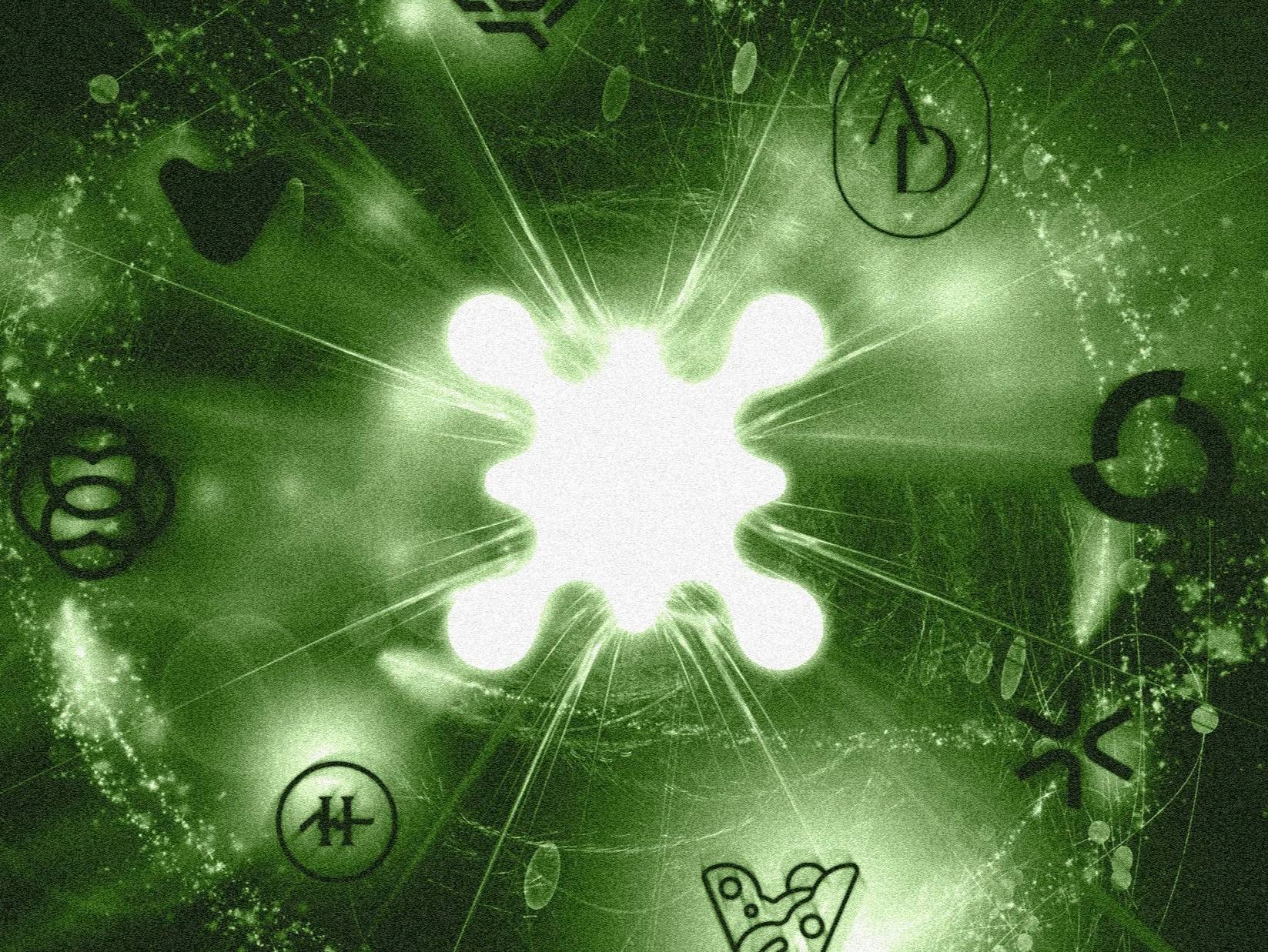위키 구독하기
Share wiki
Bookmark
Bio Protocol
Bio Protocol
Bio Protocol(바이오 프로토콜)은 생명공학 연구 개발을 위한 금융 계층 역할을 하도록 설계된 탈중앙화 과학(DeSci) 플랫폼입니다. 과학자, 환자, 투자자를 포함한 커뮤니티가 BioDAOs(Biotech Decentralized Autonomous Organizations, 바이오 탈중앙화 자율 조직)로 알려진 주체를 통해 새로운 치료법과 과학적 혁신을 자금 조달, 관리 및 공동 소유할 수 있도록 합니다.[1] [2]
개요
Bio Protocol은 기존 과학 및 제약 개발에서 나타나는 자금 조달 및 접근성 격차를 해결하는 것을 목표로 합니다. 이 플랫폼은 연구원과 그들의 프로젝트를 글로벌 자본 및 인재 풀과 연결하는 탈중앙화 마켓플레이스로 운영됩니다. 과학적 지적 재산(IP)과 연구 프로젝트를 토큰화함으로써 커뮤니티 주도의 자금 조달 및 거버넌스를 가능하게 하여 기존 벤처 캐피탈 및 기관 보조금에 대한 대안을 제시합니다. 핵심 목표는 특히 희귀 질환, 장수 및 여성 건강과 같이 자금 지원이 부족한 분야에서 유망한 과학 연구의 상용화를 가속화하는 것입니다.[1]
이 프로토콜은 각각 특정 치료 분야 또는 연구 분야에 중점을 둔 특수 BioDAOs 네트워크를 중심으로 구축됩니다. 이러한 DAOs는 연구 프로젝트를 소싱, 자금 조달 및 관리하는 독립적인 커뮤니티 주도 조직으로 기능합니다. 이 플랫폼은 이러한 DAOs가 온체인에서 자금을 조달하고 자산을 관리할 수 있도록 인프라를 제공합니다. 이 모델은 초기 단계의 바이오 기술 투자를 더 광범위한 대상에게 더욱 접근 가능하게 하고 환자 커뮤니티가 자신의 질병 치료 개발에 적극적으로 참여할 수 있도록 하는 것을 목표로 합니다.[2]
역사
Bio Protocol 생태계의 개발은 2021년 7월 장수 연구에 중점을 둔 BioDAO인 VitaDAO의 시작으로 시작되었습니다. 2021년 8월 코펜하겐 대학교와의 파트너십을 통해 최초의 온체인 과학 자금 조달이 이루어졌습니다. 2022년 12월 화이자의 벤처 부문인 Pfizer Ventures가 VitaDAO에 대한 410만 달러 규모의 자금 조달 라운드에 참여하면서 중요한 이정표에 도달했습니다. 2023년 6월 뉴캐슬 대학교와의 협력을 통해 최초의 IP-Token(IPT)이 출시되어 과학적 IP를 소유하고 거래하는 새로운 모델을 제시했습니다.[1]
2023년 11월까지 BioDAOs와 관련된 토큰의 총 시가총액은 2억 달러를 넘어섰습니다. 그 다음 달, 생태계의 또 다른 주체인 HairDAO는 과학 특허를 출원한 최초의 DAO가 되었습니다. 이 프로토콜은 2024년 11월 Binance Labs로부터 전략적 투자를 받았으며, 이는 벤처 회사가 DeSci 부문에 투자한 첫 번째 사례입니다. 같은 달 BIO Genesis 이벤트는 3,300만 달러 이상을 모금했습니다. Launchpad 및 Liquidity Engine을 포함한 Bio Protocol 플랫폼의 첫 번째 버전은 2025년 1분기에 출시되었습니다. 이 프로젝트는 2025년 3분기에 Scientific AI Agent Launchpad를 출시할 계획이라고 발표했습니다.[1]
기술
Bio Protocol의 아키텍처는 과학 연구 자금 조달 및 개발의 라이프사이클을 촉진하도록 설계된 여러 가지 주요 구성 요소로 구성됩니다.[2]
- 큐레이션 및 자금 조달: 이 프로토콜은 네이티브 BIO 토큰 보유자가 네트워크에 포함할 과학 프로젝트를 평가하고 선택하는 커뮤니티 주도 큐레이션 메커니즘을 사용합니다. 이 큐레이션 프로세스에 기여하는 참여자는 "Ignition Sales"라고 하는 자금 조달 이벤트를 통해 이러한 프로젝트에 대한 투자 기회에 우선적으로 접근할 수 있습니다. 이 시스템은 실력 중심의 선택 프로세스를 만들고 개별 투자자가 초기 단계 자금 조달 라운드에 참여할 수 있도록 설계되었습니다.[1]
- 유동성 관리: 연구 프로젝트에 대한 안정적인 자금 흐름을 보장하기 위해 자동화된 유동성 관리 시스템이 프로토콜에 통합되었습니다. 이 기능은 거래 쌍을 관리하고 프로토콜 소유 유동성을 구축하여 연구팀이 복잡한 금융 운영을 관리하지 않고 과학적 작업에 집중할 수 있도록 합니다.[2]
- Bio/acc 보상 시스템: Bio/acc로 알려진 보상 프로그램은 진행 상황과 이정표 달성을 장려합니다. 생태계 내 프로젝트는 임상 시험 시작, 새로운 치료법 개발 또는 특허 확보와 같은 중요한 목표에 도달하면 BIO 토큰으로 보너스 보상을 받을 수 있습니다.[2]
- 메타 거버넌스: BIO 토큰은 보유자에게 메타 거버넌스 기능을 제공하여 생태계 내 다양한 BioDAOs의 의사 결정에 참여할 수 있도록 합니다. 이를 통해 커뮤니티가 여러 연구 이니셔티브의 방향에 영향을 미칠 수 있는 상호 연결된 네트워크가 생성됩니다.[2]
- 과학적 AI 에이전트: 이 프로토콜은 탈중앙화된 과학적 AI 에이전트의 생성 및 출시를 위한 플랫폼을 개발하고 있습니다. 이 이니셔티브는 인공 지능을 활용하여 생태계 내 연구 프로세스를 더욱 자동화하고 가속화하는 것을 목표로 합니다.[1]
잘못된 내용이 있나요?
